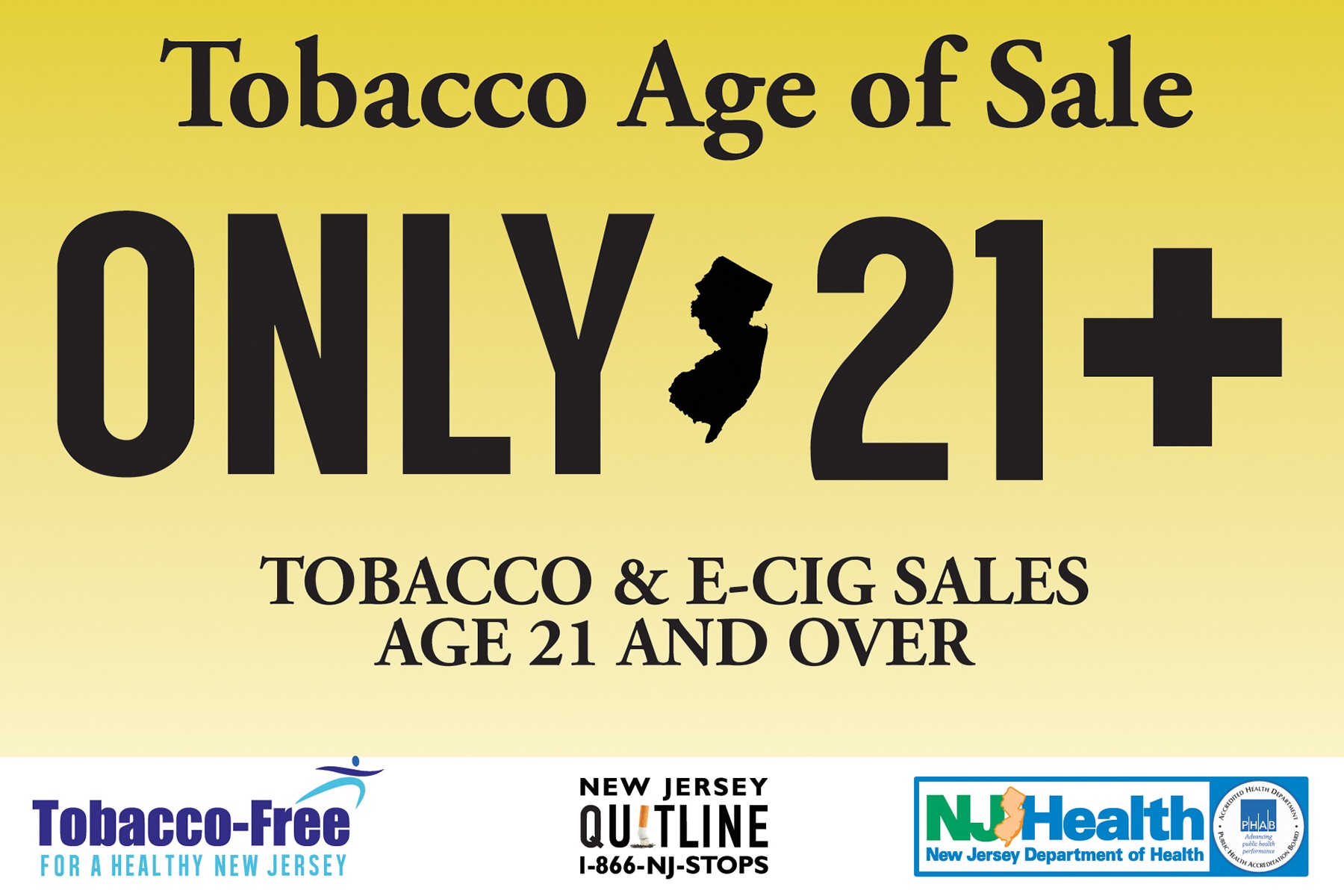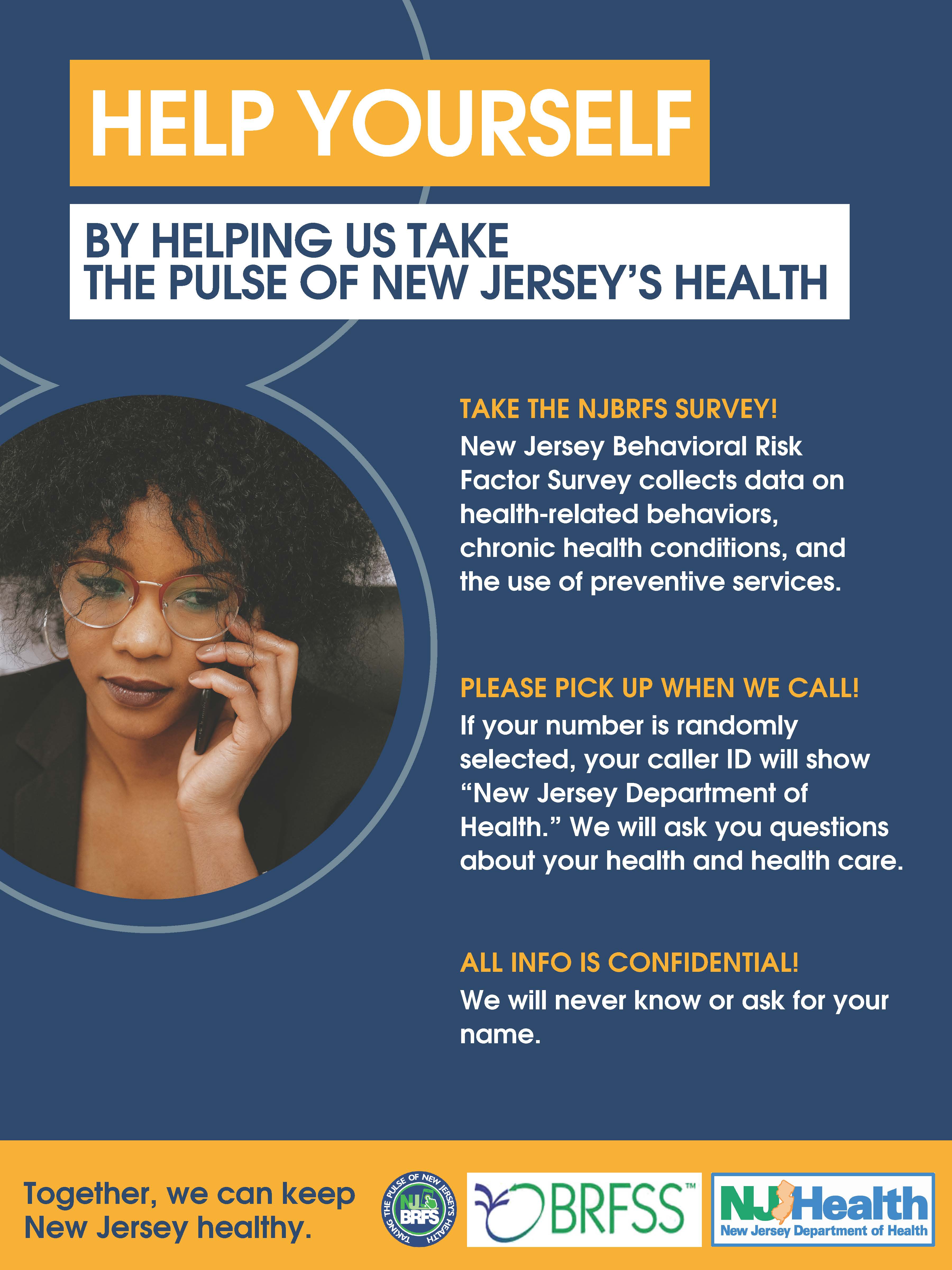Reducing E-cigarette and Tobacco Use Among New Jersey Youth
To curb the increasing use of JUUL and other e cigarette products among New Jersey middle and high school students, the Department of Health is investing $7 million in a youth education campaign “Youth Action Teams” that are developing social media messages to prevent peers from using these products.
Tobacco as a Risk Factor
Tobacco use is a known risk factor for many diseases, including cancer, heart disease, stroke, diabetes, and Chronic Obstructive Pulmonary Disease (COPD). Here are some programs that the Department of Health administers to address some of these diseases.
Cancer Screening and Early Detection Locations
Asthma Awareness and Education Program (AAEP)
Diabetes Prevention and Control



